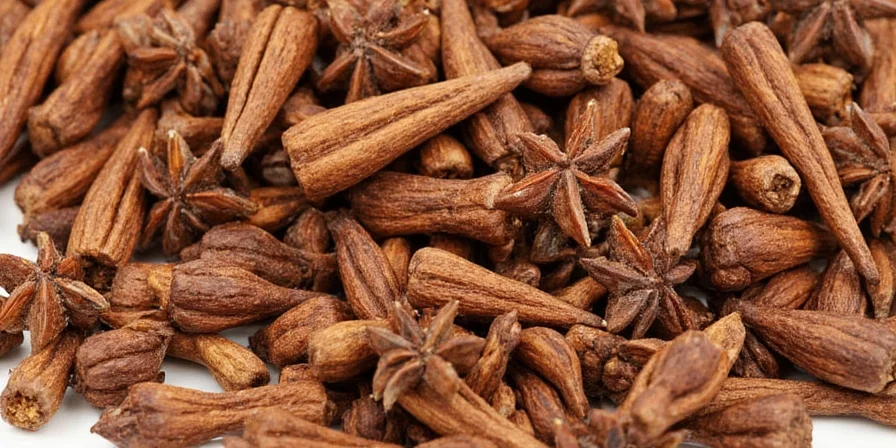
Ground Cloves Conversion: Exact Measurements & Usage Guide
For immediate answer to common searches: Use a 3:1 ratio—3 whole cloves equal 1 part ground cloves. For example, 3 whole cloves = 1/4 teaspoon ground. This precise conversion prevents bitterness in recipes and ensures proper flavor balance.
| Whole Cloves | Ground Cloves Equivalent | Best For |
|---|---|---|
| 3 whole cloves | 1/4 teaspoon ground | Pies, cakes, cookies |
| 6 whole cloves | 1/2 teaspoon ground | Stews, braises, mulled drinks |
| 10 whole cloves | 3/4 teaspoon ground | Curries, spice blends |
Ground cloves transform dishes when measured correctly. Exceeding 1/4 teaspoon per recipe in baked goods causes medicinal bitterness—this exact conversion ratio solves that common problem. Professional chefs use this measurement standard across applications from baking to savory dishes.
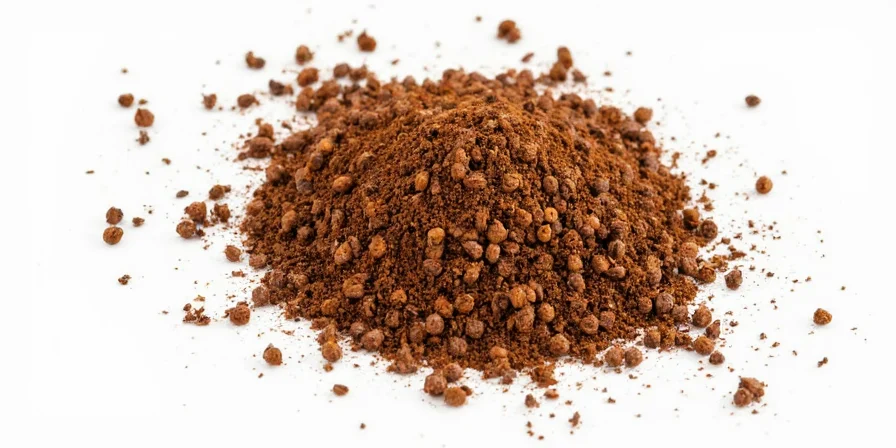
Why Ground Cloves Taste Bitter in Baked Goods (And How to Fix It)
Bitterness occurs from two main issues: incorrect measurements or stale spices. Using more than 1/4 teaspoon ground cloves per recipe overwhelms other flavors. Always measure with proper spoons—never heaping tablespoons. For freshness test, rub between fingers; weak scent indicates replacement time. Pro tip: Combine with orange zest to balance bitterness while enhancing complexity.
What Are Ground Cloves Anyway?
Derived from dried flower buds of the Syzygium aromaticum tree, ground cloves release intense warmth when milled. Their distinctive flavor profile bridges sweet and savory applications—a culinary secret weapon for depth creation. Unlike whole cloves that require longer infusion, ground cloves deliver instant flavor impact but lose potency faster.
| Whole Cloves | Ground Cloves |
|---|---|
| Fragrance lasts 2+ years | Potency fades within 18 months |
| Better for slow flavor infusion | Instant flavor boost |
| Used in pickling & roasts | Ideal for baking & stews |
7 Science-Backed Clove Usage Techniques
- Precise measurement: Use 1/8 teaspoon as baseline—cloves dominate quickly beyond this point.
- Baking solution: Elevate apple pie with 1/4 tsp alongside cinnamon (never exceed this amount).
- Bitterness fix: Pair with orange zest in glazes for brightness that counters medicinal notes.
- Protein enhancement: Combine 1/8 tsp with ginger and soy for Asian-inspired marinades.
- Drink perfection: Steep with star anise in hot toddies using precisely 1/16 tsp for layered warmth.
- Authentic curries: Add 1/8 tsp to garam masala blends for complexity without overpowering.
- Chocolate pairing: Balance dark chocolate with 1/16 tsp for sophisticated depth.
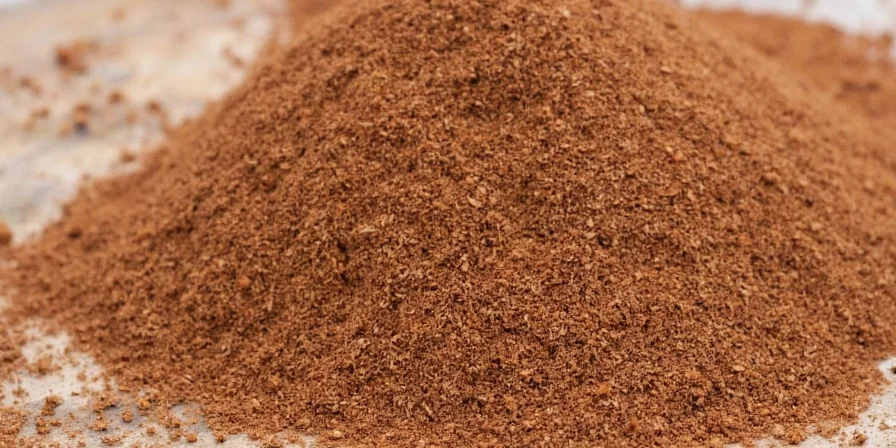
Cloves vs Other Spices – Flavor Science Breakdown
Cloves deliver unmatched intensity among baking spices. While cinnamon offers sweetness and nutmeg earthiness, cloves provide medicinal warmth with subtle bitterness—making them indispensable in complex flavor layering. Understanding these distinctions prevents recipe failures.
| Spice | Flavor Threshold | Safe Maximum (per cup) | Common Mistake |
|---|---|---|---|
| Cloves | 1/8 tsp | 1/4 tsp | Using 1/2+ tsp causes bitterness |
| Cinnamon | 1/4 tsp | 1 tsp | Underusing limits sweetness |
| Nutmeg | 1/8 tsp | 1/4 tsp | Overuse creates medicinal taste |
| Allspice | 1/4 tsp | 1/2 tsp | Confusing with cloves leads to imbalance |
Health Benefits: What Science Actually Says
Research indicates ground cloves offer bioactive compounds with practical wellness applications. Eugenol provides antioxidant effects while supporting oral health through natural antiseptic properties. Note: These benefits apply to culinary use (1/4 tsp or less per serving), not medical treatment. Exceeding culinary amounts may cause digestive irritation.
- Antioxidant support: Neutralizes free radicals through high polyphenol content (effective at culinary doses).
- Oral care: Traditionally used in dental remedies; effective in mouth rinses at 1/8 tsp per solution.
- Digestive impact: Stimulates enzyme production when consumed in cooking quantities (under 1/4 tsp).
- Inflammation management: Contains compounds studied for reducing oxidative stress at culinary doses.
- Important caution: Exceeding 1/2 tsp per serving may irritate sensitive stomachs or interact with blood thinners.
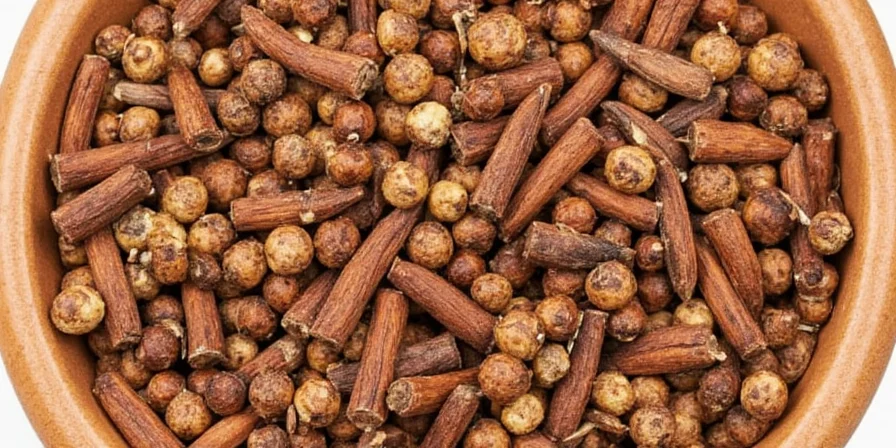
Precision Storage Methods for Maximum Potency
Ground cloves lose 70% potency within 24 months. Preserve effectiveness with these chef-approved techniques:
- Airtight containers: Prevent aroma dissipation—glass outperforms plastic for long-term storage.
- Temperature control: Store below 70°F (21°C); heat exposure accelerates potency loss by 40%.
- Light protection: UV exposure degrades eugenol content—use opaque containers or dark cabinets.
- Optimal timeframe: Discard after 18 months for baking applications, 24 months for savory dishes.
- Freshness verification: Rub between fingers—strong numbing sensation indicates potency.
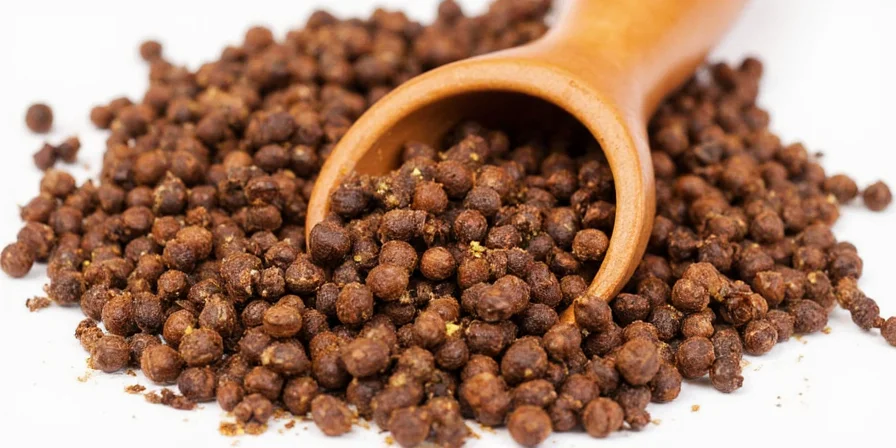
Top 5 Ground Clove Mistakes (And Exact Fixes)
- Measurement errors: Using heaping spoons instead of level measurements. Solution: Always level off with straight edge.
- Heat timing: Adding late in cooking prevents flavor development. Solution: Add during first 15 minutes of cooking.
- Expired spice use: Stale cloves create bitterness. Solution: Discard after 18 months for baking applications.
- Incompatible pairings: Mint or cilantro clashes with clove's warmth. Solution: Pair with citrus or complementary baking spices.
- Substitution errors: Using 1:1 whole to ground ratio. Solution: Always use 3:1 whole to ground conversion.
Professional Applications Beyond Holiday Baking
Ground cloves transform everyday dishes when used precisely. Add 1/8 teaspoon to chocolate mole sauce for sophisticated depth, or incorporate 1/4 teaspoon into Scandinavian meatball mixtures. For pickling solutions, use 1/2 teaspoon per quart to avoid overpowering vinegar notes. In mulled wine, combine 1/4 teaspoon with 2 cinnamon sticks per bottle for balanced warmth without bitterness.
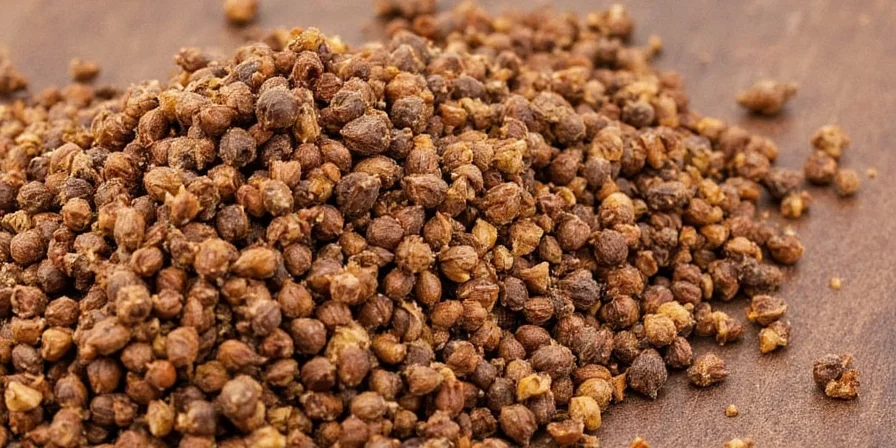
FAQ: Quick Reference Solutions
How much ground cloves should replace whole cloves in recipes?
Use a 3:1 ratio—3 parts whole cloves equal 1 part ground. For example, 3 whole cloves = 1/4 tsp ground. Always start with less as ground cloves distribute more evenly. Exceeding 1/4 tsp per recipe causes medicinal bitterness.
Can ground cloves cause digestive issues?
When used in standard culinary amounts (under 1/2 tsp per serving), cloves rarely cause issues. Excessive consumption may irritate sensitive stomachs. Those with ulcer conditions should consult doctors before regular use.
Why do my baked goods taste bitter when using cloves?
Bitterness occurs from overuse (exceeding 1/4 tsp per recipe) or using expired cloves. Ensure freshness by checking aroma intensity, and always measure precisely with proper spoons—not heaping tablespoons.
What dishes showcase cloves best beyond baking?
Try in braised short ribs, mulled wine, pickled vegetables, or Moroccan tagines. Scandinavian meatballs often include subtle clove notes. For innovative uses, add 1/8 tsp to chocolate mole sauce or citrus-based marinades.

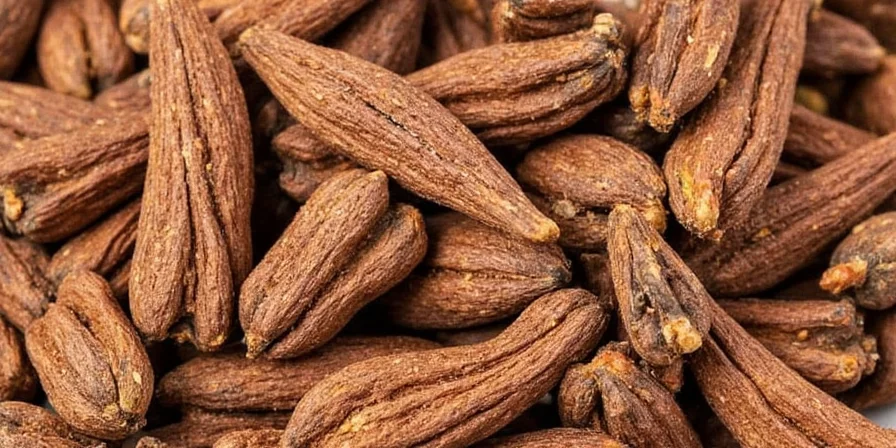









 浙公网安备
33010002000092号
浙公网安备
33010002000092号 浙B2-20120091-4
浙B2-20120091-4